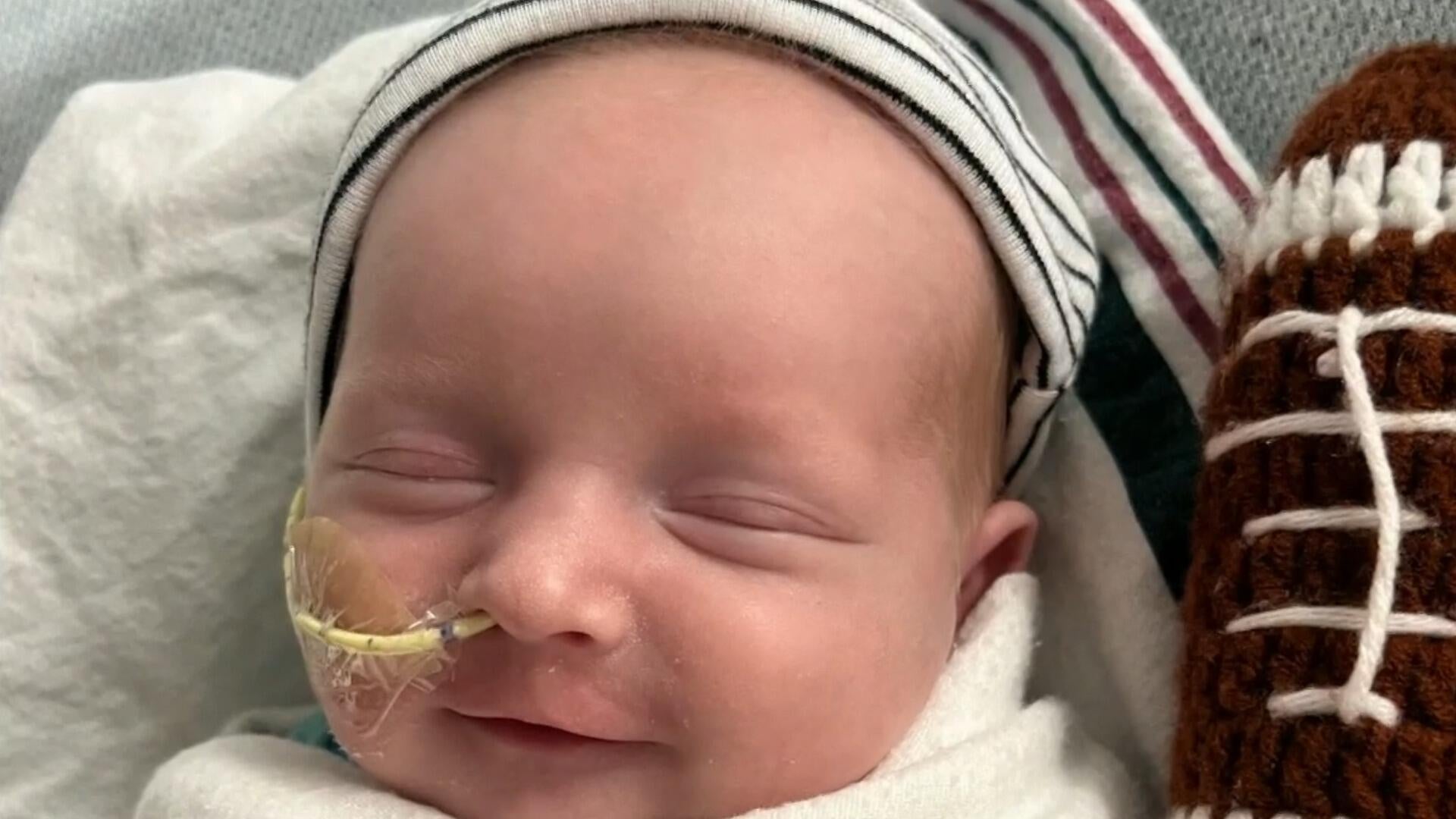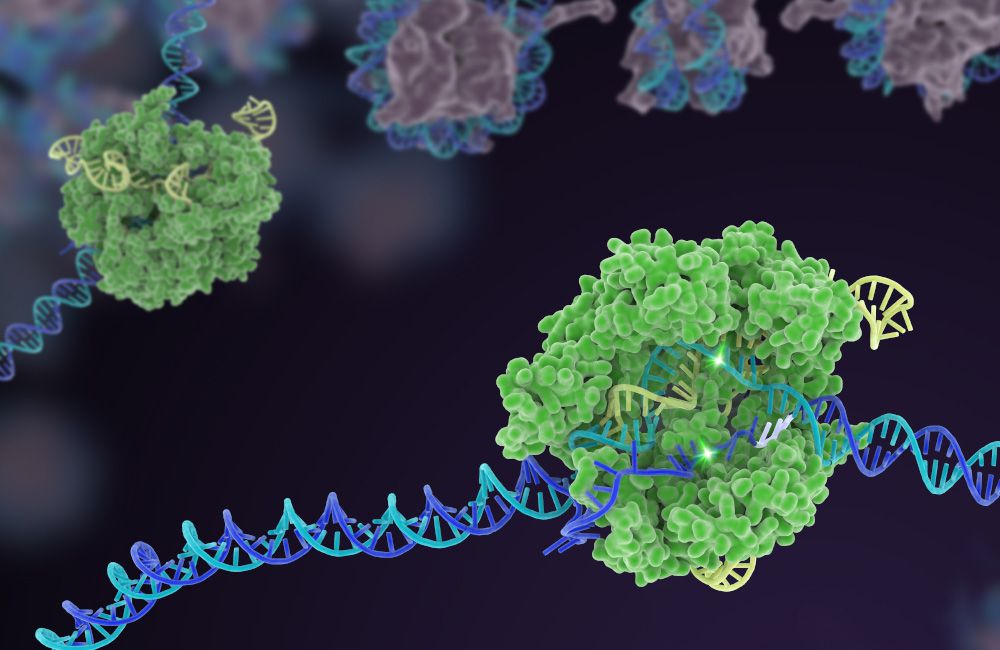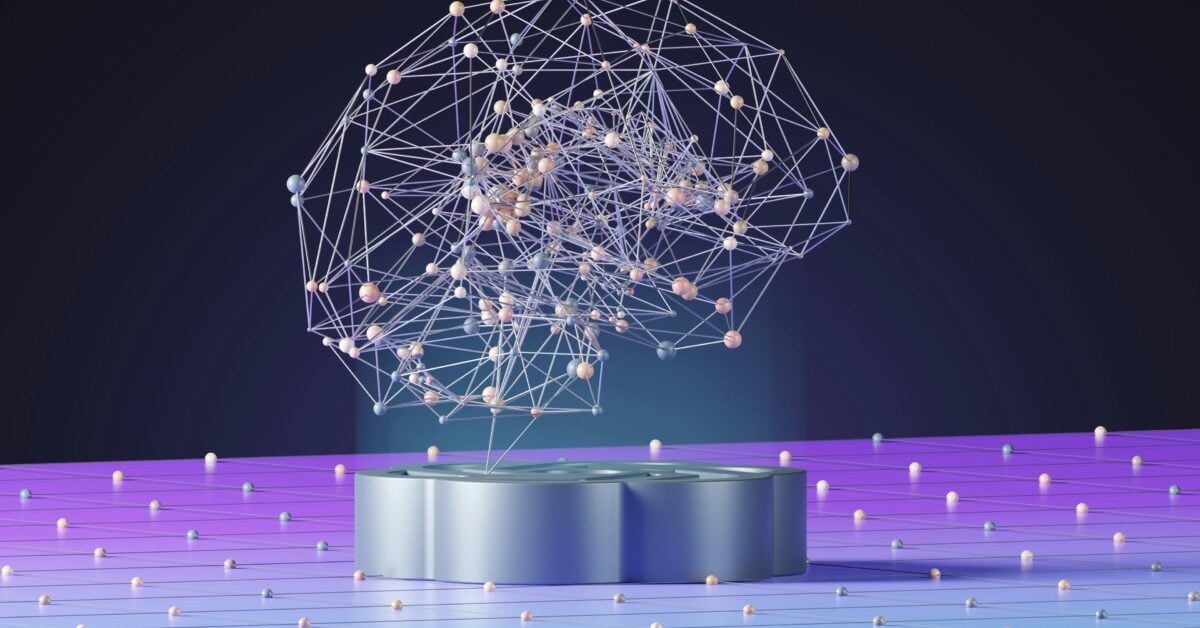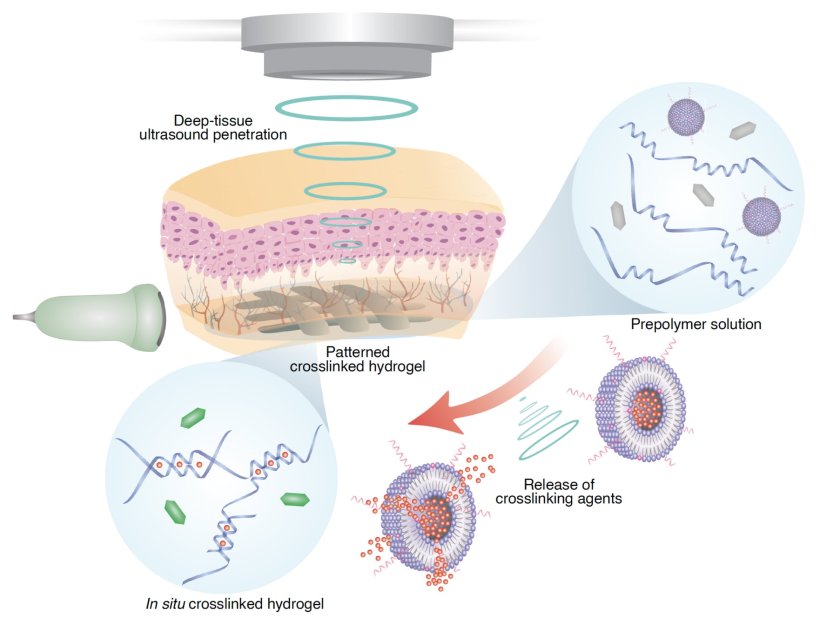NEWS and OPINIONS

Infant becomes world’s first patient to undergo personalized gene-editing treatment
By Jon LaPook - CBS NEWS - Philadelphia — Soon after KJ Muldoon was born in the summer of 2024, he was diagnosed with a rare genetic disorder that is fatal for about half the infants who are born with it. Until now, the only effective long-term treatment for the rare...

Biotech Tango dances away from preclinical work to extend cash runway, while Avalo lays out spending options
By Nick Paul Taylor - Fierce Biotech - Biotech bank balances were again in focus Monday morning, with Tango Therapeutics cutting preclinical work to stretch its cash runway and Avalo Therapeutics outlining options for preserving its money. Tango extended its cash...

Embryonic macrophages found to control blood stem cell numbers in bone marrow
by Kerstin Wagner, Leibniz - MedicalXpress.com - Scientists at the Leibniz Institute on Aging—Fritz Lipmann Institute (FLI) in Jena have discovered a previously unknown function of immune cells in the bone marrow. Embryonic macrophages—specialized phagocytes of the...

Federal appeals court sends CRISPR-Cas9 patent case back to patent office for reconsideration
By Robert Sanders - UC Berkley News - In a decision released today (May 12), the U. S. Court of Appeals for the Federal Circuit in Washington, D.C., ordered the U.S. Patent and Trademark Office’s Patent Trial and Appeal Board (PTAB) to reconsider its 2022 interference...

The stem cell race for Parkinson’s disease: Recent studies show significant promise
By Willow Shah-Neville - LabBioTech - Parkinson’s disease is an extremely complex condition to treat. Although there are medications available that can help relieve symptoms, there are still no approved therapies that slow down the progression of the underlying...

New Cell Therapy For Resistant Hodgkins Patients
By Derek Lowe - Science - Here’s some more good news on the immuno-oncology front. Hodgkin lymphoma (HL) is one of those cancer types whose prognosis is in the “A lot better than it used to be, but. . .” category. There are several varieties (with the “classic” form...

Cracking the code to scalable cell and gene therapy
by Drug Target Review - Cell and gene therapy (CGT) is advancing rapidly, offering new treatments for complex conditions such as cancer and genetic disorders. As these therapies evolve, the demand for more efficient and reliable methods of cell expansion – an...

Gene-edited stem cells aim to reverse rheumatoid arthritis
by Max G. Levy, PhD - Drug Discovery News - At the root of anything good or bad in the human immune system is a question about recognition. When the immune system functions correctly, it clocks unrecognized bacteria and viruses. When it misbehaves, immune cells...

One step closer to 3D printing inside the body
By Healthcare-in-Europe.com What if doctors could precisely print miniature capsules capable of delivering cells needed for tissue repair exactly where they are needed inside a beating heart? A team of scientists led by Caltech has taken a significant step toward that...

Stem cell transplant transforms life of toddler with beta thalassemia major
By Lynn Nicho;ls - Stanford Medicine - From Frequent Transfusions to a Cure for Beta Thalassemia Wade Huynh, age 3, was born with a serious blood disorder, and he needed a stem cell transplant to thrive. Luckily, he didn’t need to look far for a donor match—just...

An Avatar for Studying Human Health: Tissue Chips
By NASA - High school student Kyle Benjamin speaks with Dr. Lisa Carnell, program scientist of NASA’s Translational Research Program, about her work using tissue chips to study human biology in space -- and what it could mean for personalized medicine back on Earth....

Florida lawmakers approve bill to improve access to some unapproved stem cell therapies
By Rick Mayer - WUSF-NPR - Health News Florida The measure authorizes physicians to perform the treatments for orthopedics, wound care or pain management with strict requirements to ensure safety and ethics. Before the annual session ended last week, the Florida...
